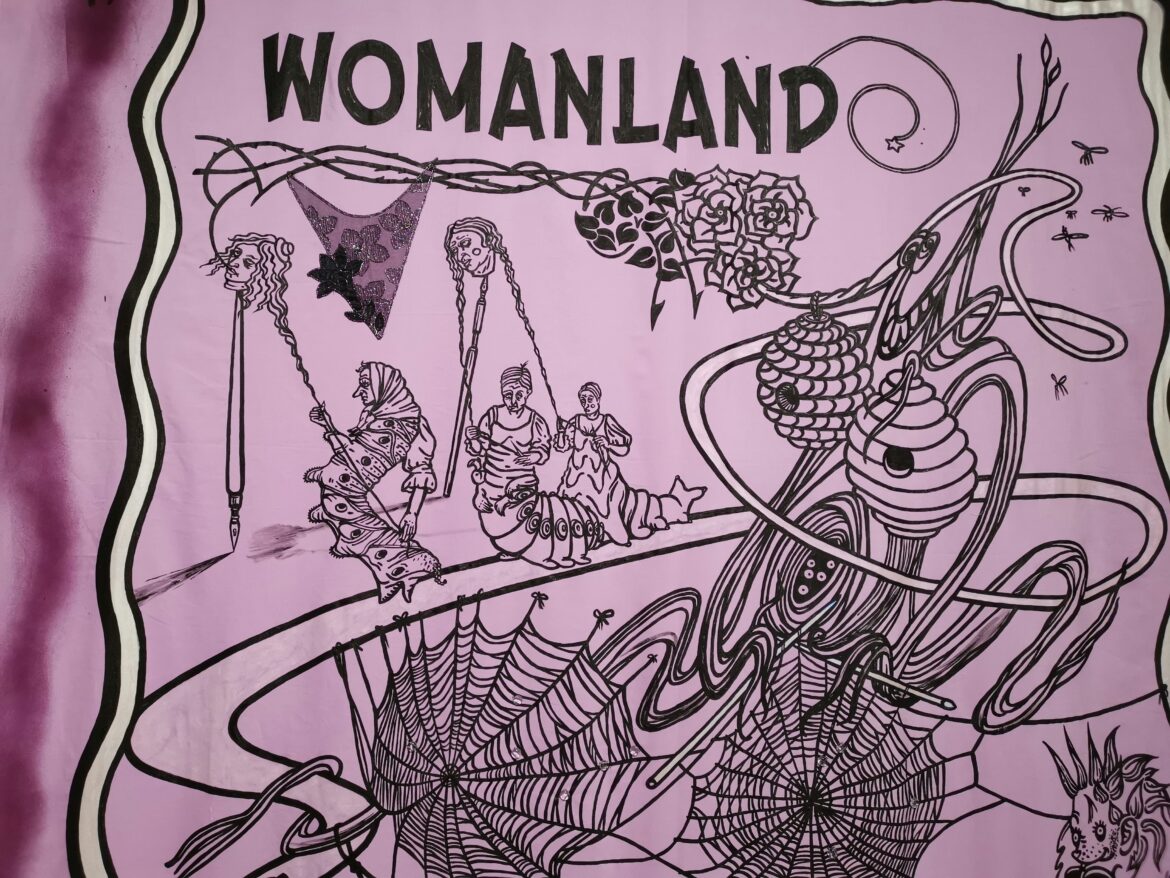According to the World Health Organization, approximately 70 million women aged 15 and older have encountered physical or sexual violence at least once in their lives. This statistic equates to nearly one in three women worldwide.
Around 200 years ago, women worldwide initiated what would later be termed the First Wave of Feminism. This movement arose in response to the complete civil disenfranchisement of women. During that time, women lacked political rights, inheritance rights, and even autonomy over their own bodies. The emergence of feminism in this era bears resemblance to today’s libertarian or individualist feminism. Libertarian feminists sought to reform legal systems to eradicate sex and gender-based privileges, advocating for equal rights for all individuals. This ideology encouraged women to assert full control over their lives and opposed any governmental interference in adults’ choices concerning their bodies.
Throughout the 19th and 20th centuries, women sought to address gender inequality by advocating for universal education, political participation rights, employment opportunities beyond the domestic sphere, and active involvement in community affairs. Over time, women have engaged in various forms of activism to pursue equality and liberation.
Despite progress, the 21st century still presents challenges for women, particularly in rural areas. Deeply entrenched patriarchal beliefs, inherited over centuries, along with societal norms and stereotypes, continue to constrain women’s roles and opportunities. Women encounter diverse obstacles daily, including workplace harassment, sexual violence, and discrimination. The reluctance of many employers to hire women due to perceived burdens of maternity leave exacerbates gender disparities. Despite advancements, men continue to dominate political arenas and occupy higher-paying positions. This perpetuates the perception of male superiority, contributing to a troubling rise in instances of family violence, spanning physical, sexual, psychological, and economic forms of abuse.
“Libertarian feminists sought to reform legal systems to eradicate sex and gender-based privileges, advocating for equal rights for all individuals.”
Nearly 200 years later, one might assume that women could finally cease their struggle for freedom. Unfortunately, this is not the reality. Today, feminism is not widely embraced, as many associate it with animosity towards men and traditional family values. This movement challenges ingrained notions of gender roles, patriarchal perceptions of life and family, and religious interpretations of women. Together, these elements keep women in unequal positions relative to men, drawing strength from tradition, morality, and religious beliefs. Unfortunately, the terms “feminism” and “feminist” have acquired negative connotations. Being called a feminist is often considered the harshest label a woman can bear—she may be perceived as aggressive, a threat to a traditional family, a lesbian, a man-hater. This shift in perception is disheartening, especially when considering that the quest for equal rights should not be confined to women alone. The consequences of inequality are deeply felt and impact families, economy, culture and overall societal progress.
“Women’s rights were not simply granted— they have been hard-fought for over many years. This battle is far from over and will continue until every woman can truly feel secure.”
It is disturbing that last year in South Carolina, a bill was proposed suggesting the death penalty for women who undergo abortions. In the past year, we witnessed mass protests in Iran following the murder of Mahsa Amini for not wearing the hijab correctly. In 2021, the Taliban took over Afghanistan, leading to restrictions on women’s access to higher education and freedom of movement.
In the former Yugoslavia, there are also numerous instances where women find themselves in disadvantaged positions. For over a year now, in many cities across Croatia, groups of men have been gathering under the guise of religion, advocating for the rollback of women’s rights that we have fought for decades to secure. Every few days, hundreds of men assemble in squares, praying for premarital purity, modesty in attire and behaviour, an end to abortion, and the restoration of men as spiritual authorities in families. Unfortunately, not a single one of these so-called “prayers” has been directed for stricter penalties in cases of femicide and rape, despite Croatia ranking as the third country in the European Union in 2022 in terms of the number of women murdered.
Women’s rights were not simply granted—they have been hard-fought for over many years. This battle is far from over and will continue until every woman can truly feel secure. It falls upon us, young women, to uphold a zero-tolerance policy towards violence. We must demonstrate genuine solidarity, always and everywhere. It is time that we fight for all rights every single day because they can be taken away from us at any moment. The state should exist solely to protect its citizens, not to violate them. This applies to all issues, including those concerning women.
